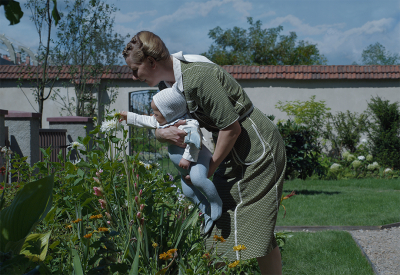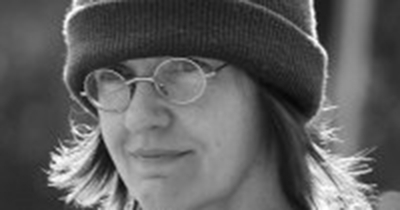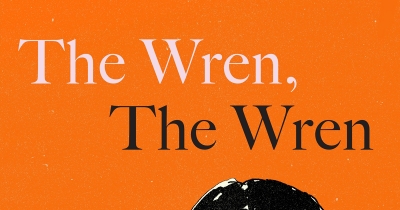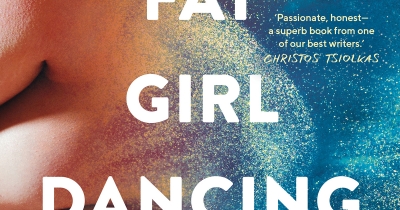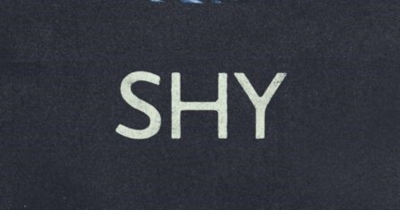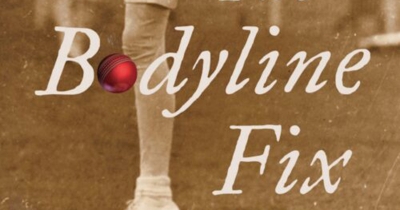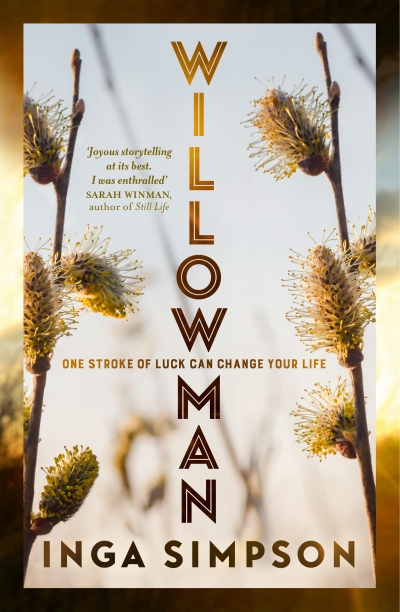Diane Stubbings
In Martin Amis’s novel The Zone of Interest (2014), Auschwitz Commandant Paul Doll asserts that to meet the objectives of the Reich it is necessary to ‘shut down a certain zone of the mind. I must accept that we have mobilised the weapons, the wonder weapons, of darkness.’ Doll is not a man seeking to absolve himself. Rather, he attempts to explain his dilemma, lamenting not so much the moral nightmare into which he has been thrust, but the bureaucratic one: how to balance the Reich’s need to exploit the prisoners for their labour with the desire to eradicate them as quickly and efficiently possible? ‘The Christian system of right and wrong, of good and bad,’ he muses, ‘is 1 we categorically reject … There are only positive outcomes and negative outcomes.’
... (read more)Diane Stubbings is a writer and critic based in Melbourne. Her plays have been shortlisted for a number of Australian and international awards, and staged in Sydney, Melbourne and New Zealand. She has written for Australian Book Review, The Australian, The Canberra Times, and the Sydney Review of Books. Her study of Irish Modernism was published by Palgrave.
... (read more)Feast by Emily O'Grady & Missing Pieces by Jennifer Mackenzie Dunbar
To celebrate the year’s memorable plays, films, television, music, operas, dance, and exhibitions, we invited a number of arts professionals and critics to nominate their favourites.
... (read more)
